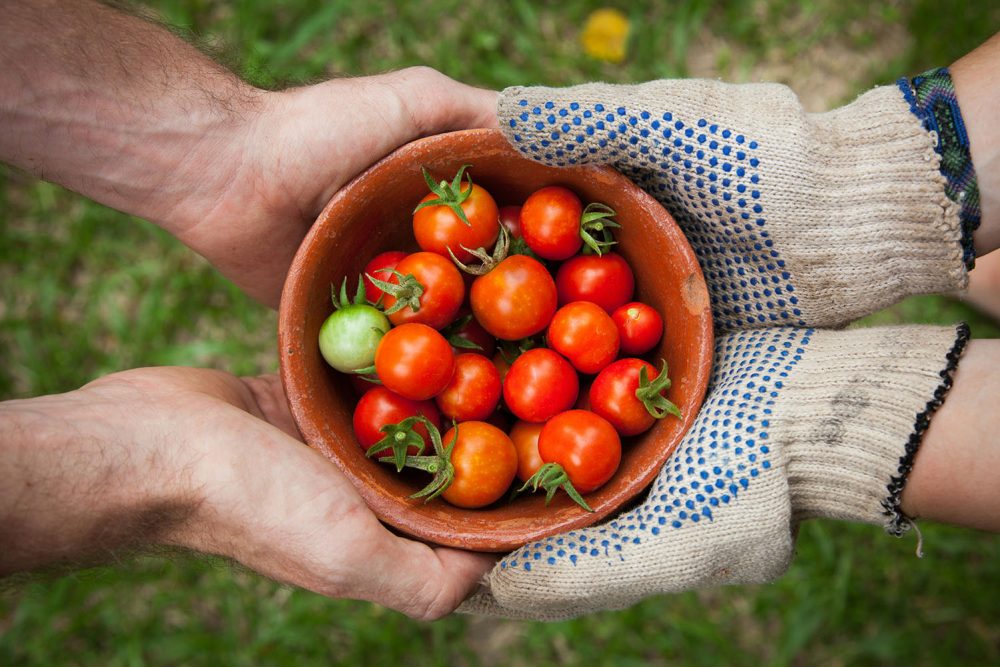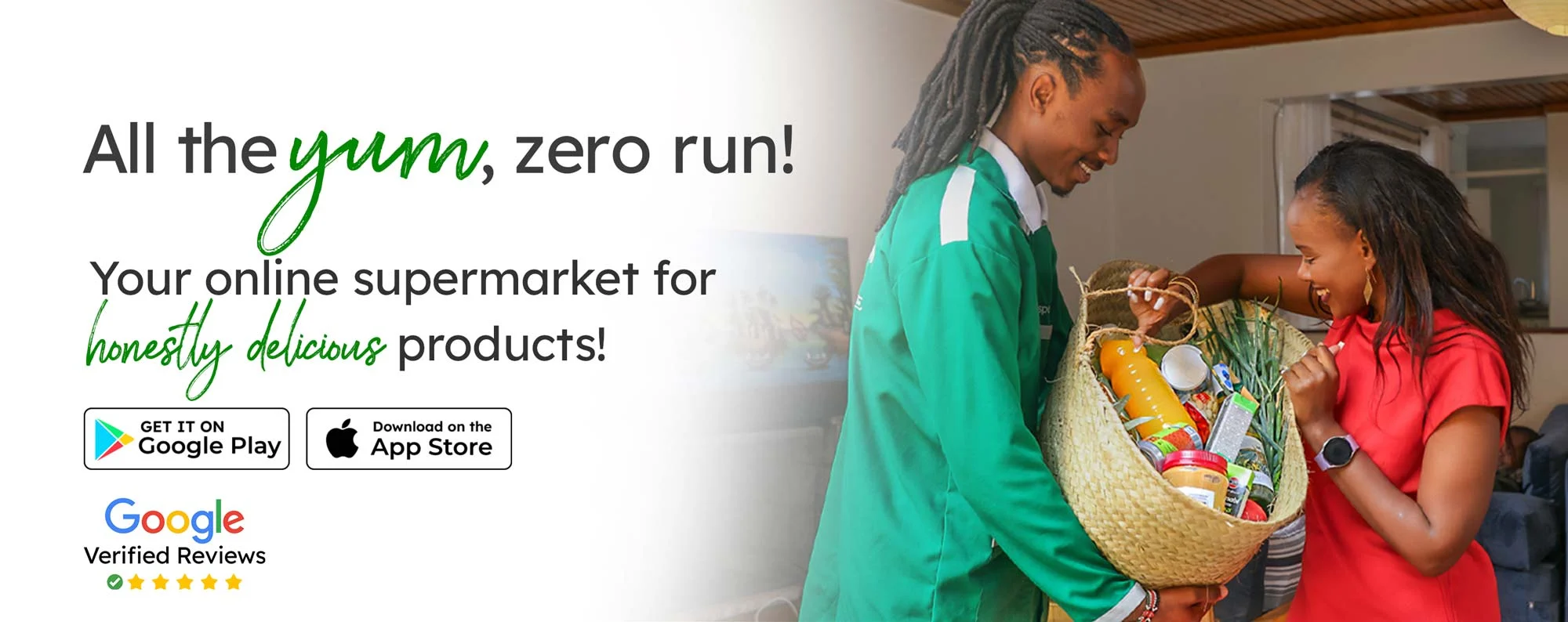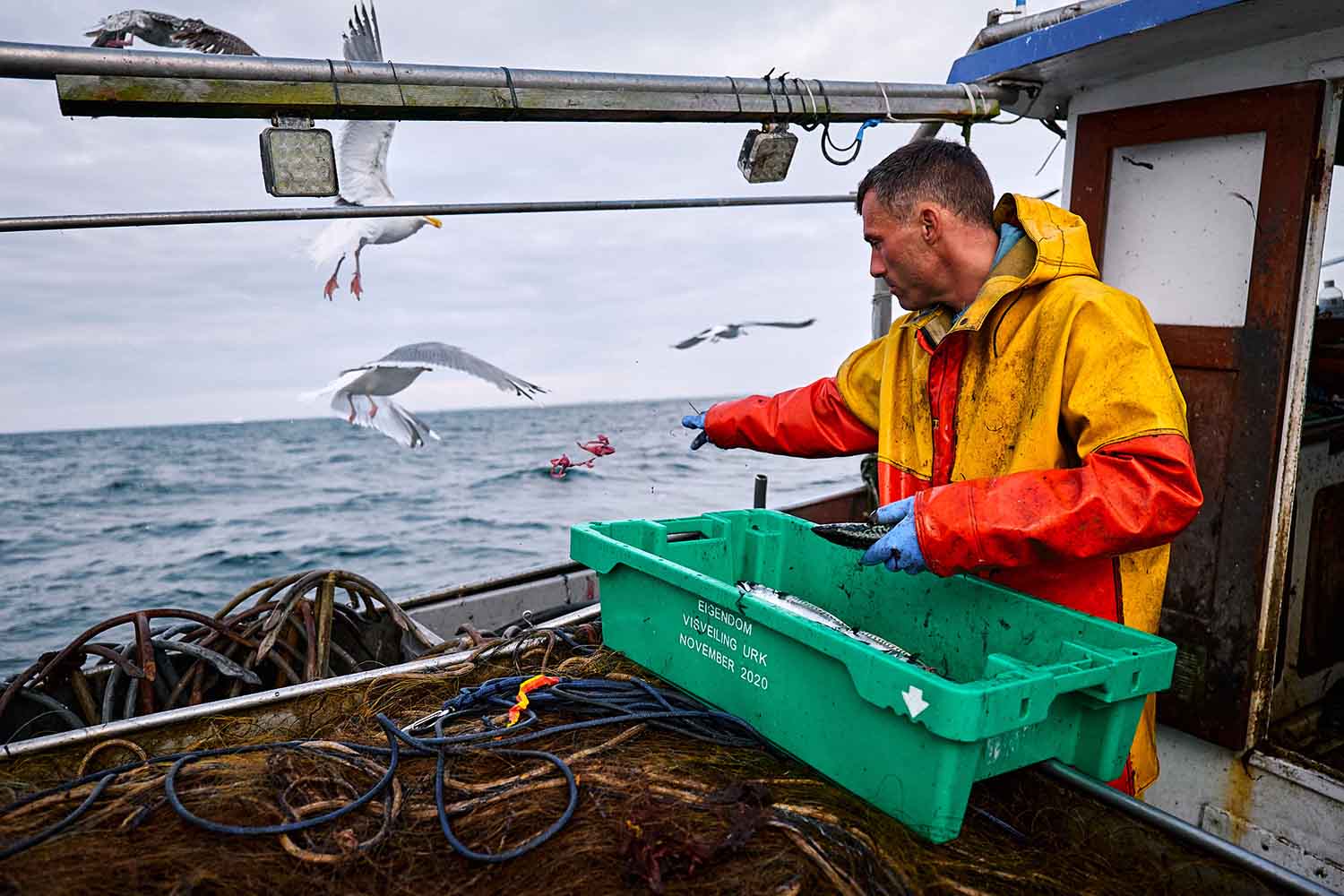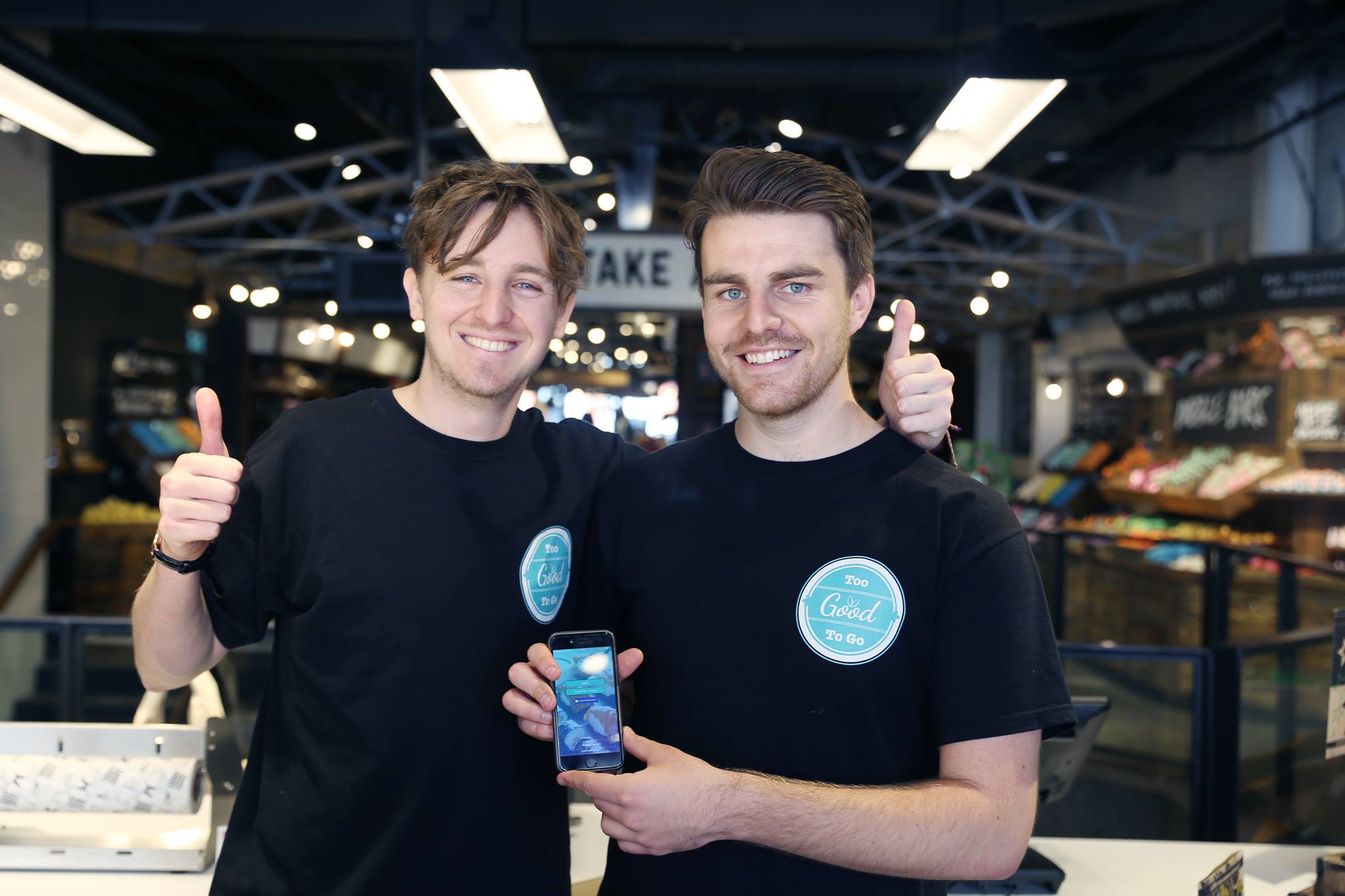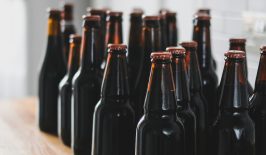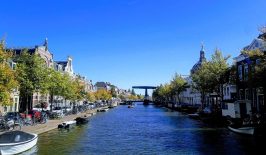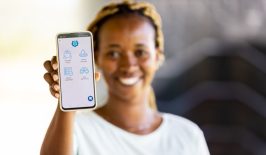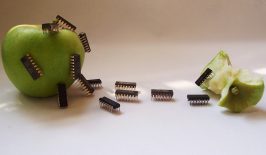When we buy food in the supermarket, it has often travelled halfway around the world. On the one hand, fruit and vegetables that actually grow locally are imported from abroad for cost reasons. On the other hand, local businesses send their food over hundreds of kilometres to be washed and cut, as labour is cheaper abroad. The problem: such long supply chains lead to severe environmental pollution.
A study by the University of Sydney estimates that the CO2 emissions caused by transporting fruit and vegetables are 36 percent of food-miles emissions, which is almost twice the amount of greenhouse gases released during their production. At the same time, it is precisely the richest countries whose food travels too long distances. While they make up around 12 percent of the world’s population, they are responsible for 46 percent of the food kilometres travelled. Many experts are therefore calling for shorter food supply chains in order to reduce the environmental impact of the food sector.
Fruit, vegetables and animal products from local farms are even fresher as they do not have to travel such long distances. This means that the time between farm and plate is shorter and farms do not have to preserve the food through extensive refrigeration or chemical treatments before dispatch.
In our dossier on a successful sustainable agricultural transition, we present many solutions that offer a glimpse into the future of agriculture. Below, we present specific solutions that consumers can use to shorten supply chains now.
1. Kenyan app Greenspoon makes sourcing local products easier
In the EU, the General Food Law has been in effect since 2002, making traceability compulsory for all food and feed businesses. But while traceability is the norm in the West, this is not the case in Kenya’s domestic food market and in many other parts of Africa.
Greenspoon, a grocery delivery service based in the Kenyan capital of Nairobi, launched their supermarket app in a pioneering move aimed at promoting sustainable practices in its grocery business, while simultaneously enriching the shopping experience of its customers.
Through both its website and now a mobile app, Greenspoon can cater to its niche market of modern, high-income women primarily in families – who comprise its target market more effectively. “We cater to those who value healthy, fresh and delicious products, including organic items, premium wines, fish, meat, breads and baguettes. Our focus is on celebrating life, being friendly, and optimistic,” Greenspoon told RESET.
The app, which has been live since June 2022, has over 10,000 downloads on Google PlayStore as of December 2023. The company anticipates sharp growth in 2024.
2. Regional fish and seafood at “Frisch Gefischt”
We reported on Hamburg-based start-up “Frisch Gefischt” in autumn of 2023. In Germany, fishing in particular is associated with long supply chains. This is because there have been no fish auctions in Germany since the 1980s. Regionally caught products therefore have to be taken abroad to be auctioned off and brought back again.
“Frisch Gefischt” uses its own online platform to offer seafood directly after it has been caught. End customers can order the desired goods there and receive them a few days after processing in the harbour.
In an interview, Frisch Gefischt told us how this form of direct marketing ensures fresher and more sustainable fishing. The company launched an online shop for private customers at the beginning of 2024. This allows customers to order regionally caught fish and seafood and collect it from the Hamburg site. Germany-wide delivery is planned for the future, and international options could soon become a possibility.
3. Etepetete’s organic crates
Subscriptions for organic boxes are another way to buy regional products without much effort. There are offers that deliver organic products from the region depending on seasonal availability. Concepts such as Etepetete specialise in goods not sold in conventional stores due to blemishes.
To find an organic box near you, there is a directory in which most organic box delivery services can be found. As such services are very popular, there are now also additional products such as organic box cookery books, which contain a number of recipes for seasonal fruit and vegetables. This means that organic boxes also provide more variety in the buyers’ diet.
4. Too Good to Go is by now a classic cost and planet-saving stalwart
We first wrote about now iconic app Too Good to Go in 2018, and since then, it’s become a household name across the globe. Its success lies somewhat in its useability; getting involved is as simple as opening the map, picking from their range of available options (anything from pastries and donuts to full meals), and reserving an order and organising payment – all through the app. You then go and collect the food at the allocated hours at the store, showing the app to the employees who will hand over your order. Each listing on the app specifies whether the portions will come pre-packaged (meaning you get what you’re given) or whether you’re able to pick and choose from all of their leftovers. Most offers range in price between 2 EUR and 4 EUR per portion. The service covers major European cities, and in October 2020 started operations in North America.
